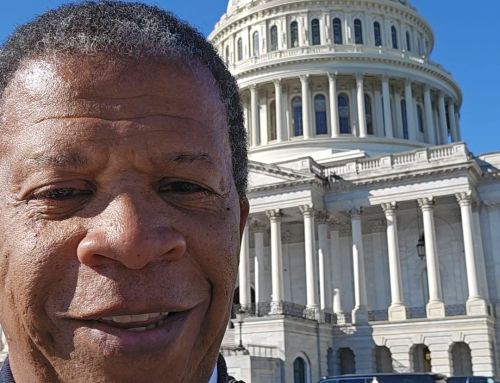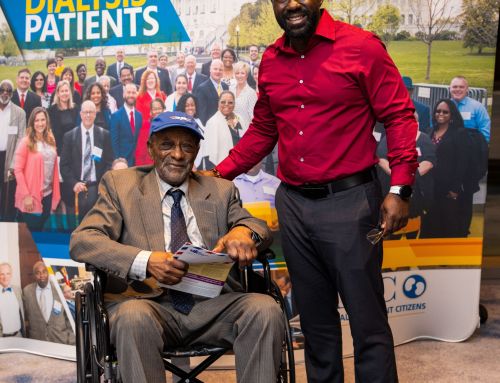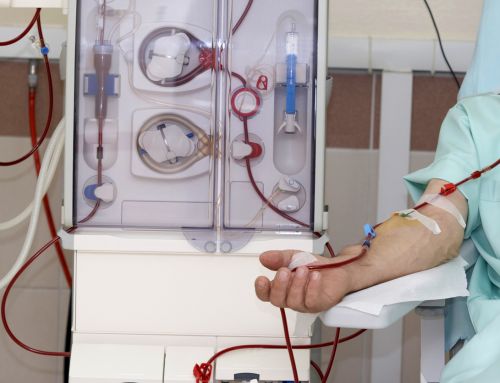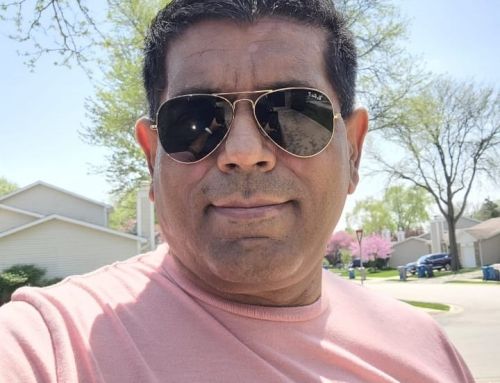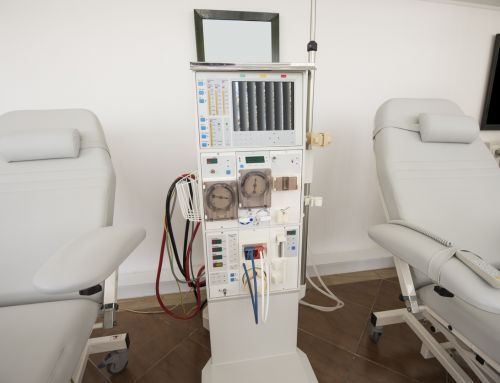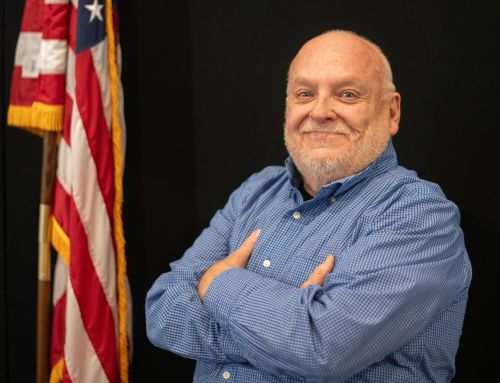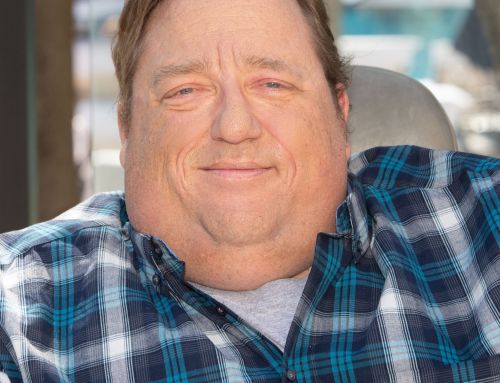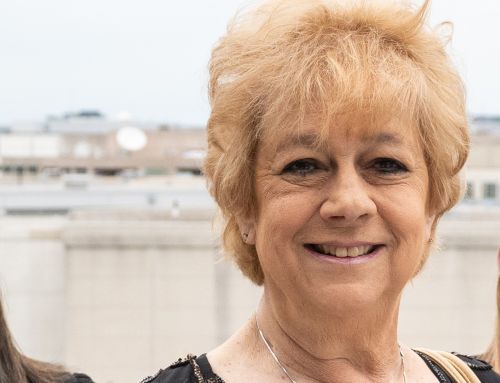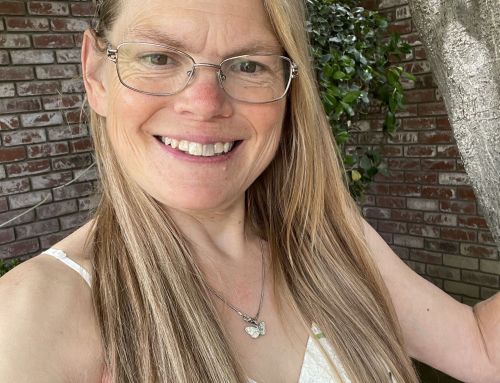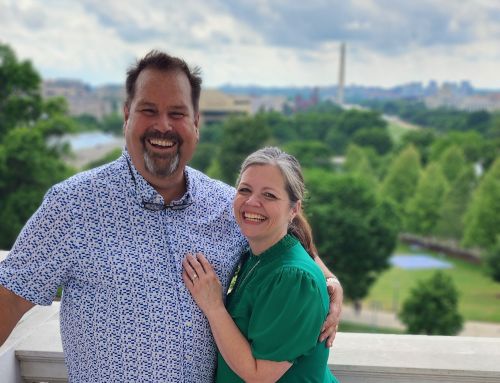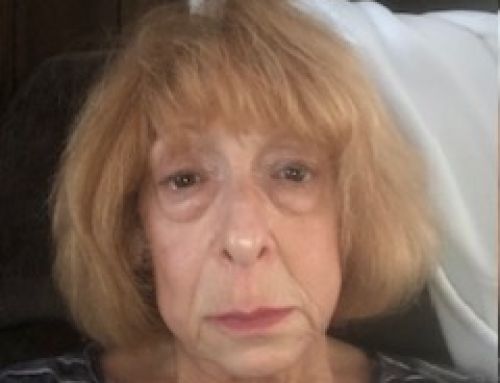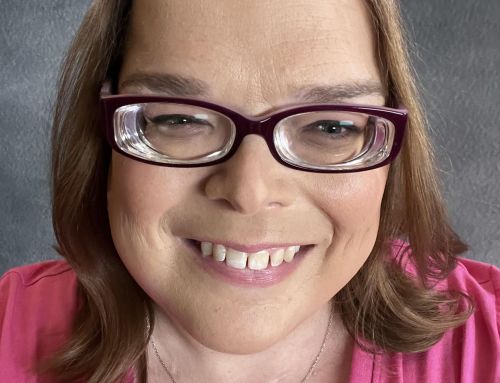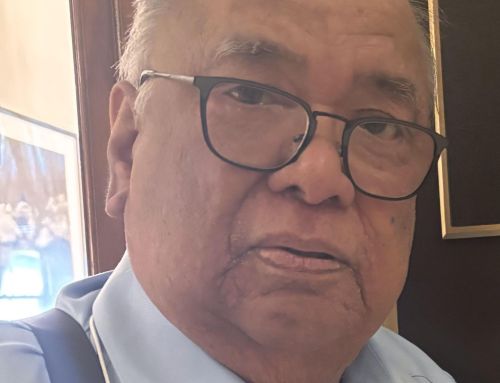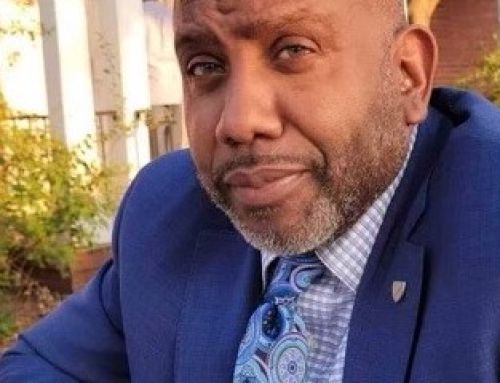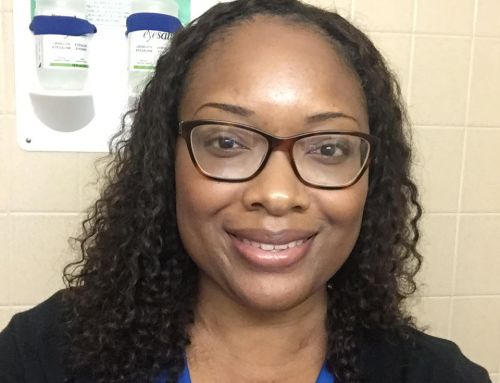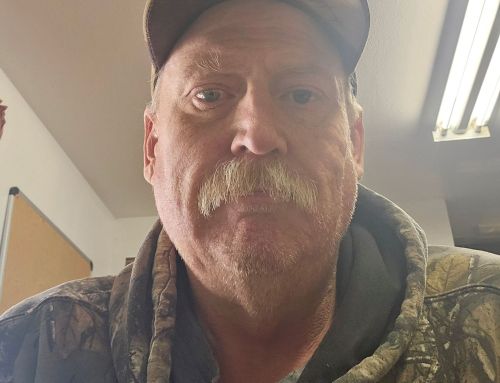As we move toward the fall season, the COVID-19 pandemic still poses a major threat to people living here in Iowa, as well as others across the U.S. With public health still top-of-mind, it is important that we do everything we can to protect high-risk patients, especially those living with end-stage renal disease (ESRD).
ESRD is a serious condition that requires patients to go through several hours-long dialysis treatments each week. The disease also compromises patients’ immune systems, which is particularly dangerous right now. For many ESRD patients, their risk is further heightened by the fact that they also have other health conditions, which require more trips to the doctor and more medications.
All of this can add up to create serious problems if patients don’t have access to quality and affordable health care. Unfortunately, this is an all too common problem for ESRD patients, as out-of-pocket costs for treatment can be massive if they don’t have coverage to compensate for treatments that are not covered by traditional Medicare. While this “Medigap” coverage can be obtained through private insurance companies for some, it is a different story for thousands of others.
Medigap coverage is protected for ESRD patients over the age of 65 by federal law, but most who are under 65 don’t enjoy the same protections. In fact, only about half of the states currently allow Medicare beneficiaries under 65 to purchase Medigap coverage. Without added protections, ESRD patients across the nation will continue to be left wondering how they will afford the treatments they need.
Thankfully, some in Congress have noticed this problem and are working to help. My own member of Congress, Rep. Cindy Axne, has introduced a new bill to finally open Medigap coverage to those dialysis patients under 65 who are currently struggling to find good, affordable care options. This new legislation is called the Jack Reynolds Memorial Medigap Expansion Act in honor of Jack Reynolds, who was a native Iowan and dialysis patient who dedicated his life to advocating for better kidney care.
Passing this bill would be a major step toward providing real relief for the patients and families struggling to handle the difficulties presented by life with ESRD.
I’ve seen first-hand the enormous emotional, physical, and financial toll on patients and families. My mother was a dialysis patient who struggled with a lack of care coordination. She passed away in 2005, and my memories of her experiences with dialysis still cause me pain to this day. A better, more affordable treatment plan would have helped her immensely, and I know it could do the same for so many who are going through the same experiences that she did.
Unfortunately, as a veteran, I also know far too many other veterans who have encountered similar difficulties. That’s why I’m hopeful now that lawmakers will realize that better access to affordable, high-quality health care services would help so many families going through what we did and pass legislation to help.
Additionally, Congress is also working on a second bill to further help dialysis patients. The BETTER Kidney Care Act would help to improve care for patients by allowing all of their doctors to more easily share information and create a more holistic, tailored treatment plan for each patient that ultimately helps limit the cost of care. It would also help to provide some important health services that aren’t otherwise available to ESRD patients through Medicare.
History has shown us that improving kidney care is a bipartisan issue, which is why I’m confident that legislators can get both Rep. Axne’s bill and the BETTER Kidney Care Act across the finish line. This is an issue we can all agree on, and Congress now has a major opportunity to help struggling patients who are experiencing what my mother did.
– Jim Edvenson



